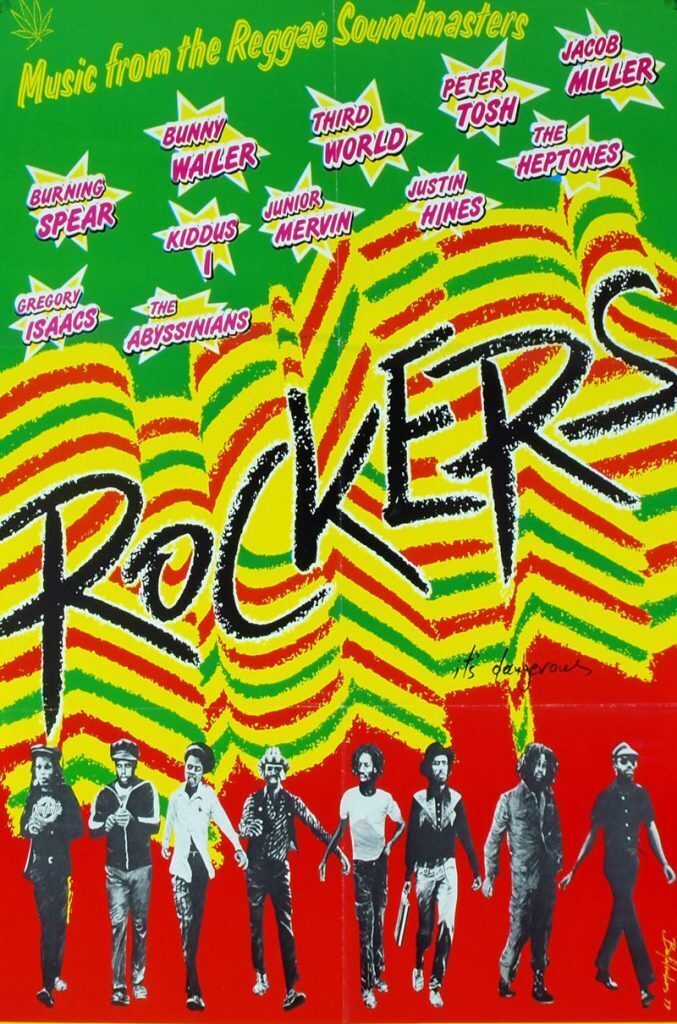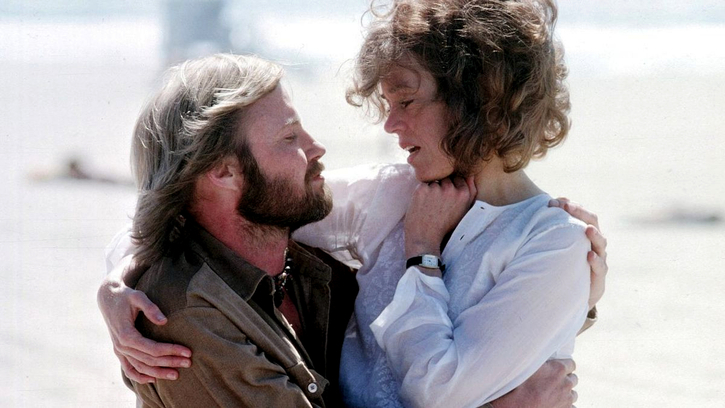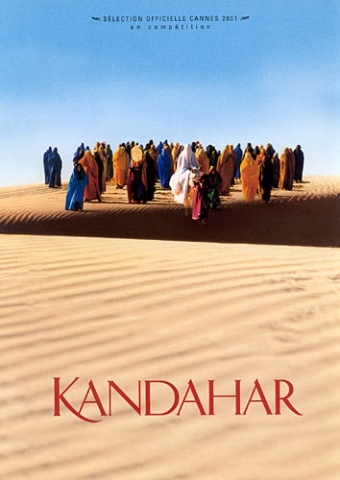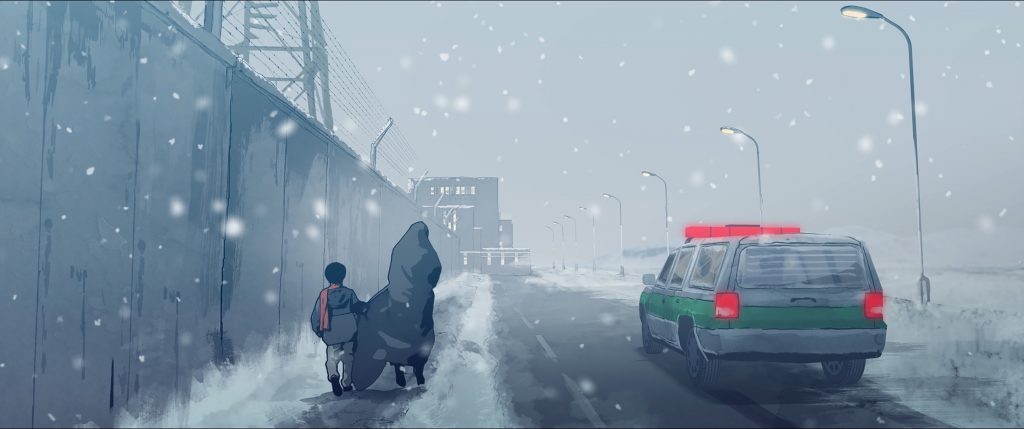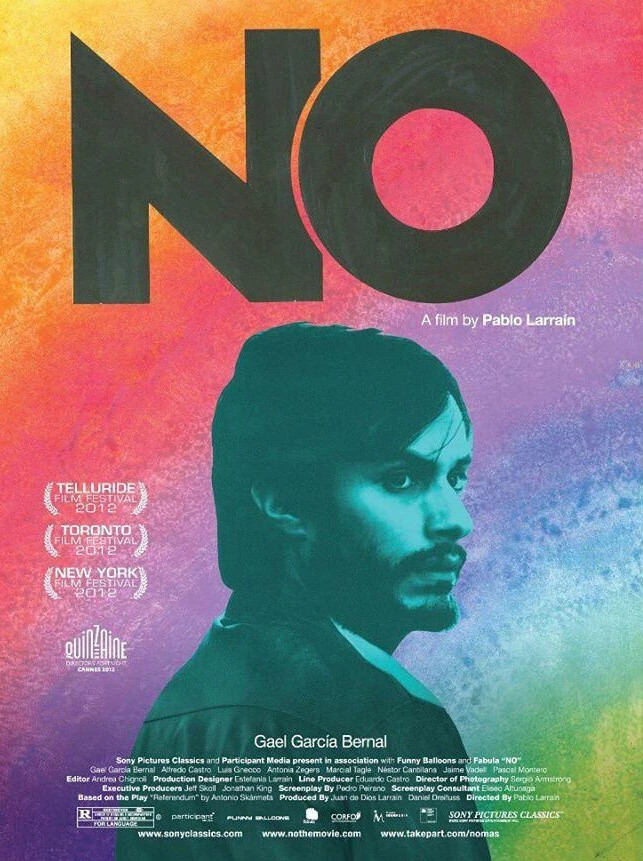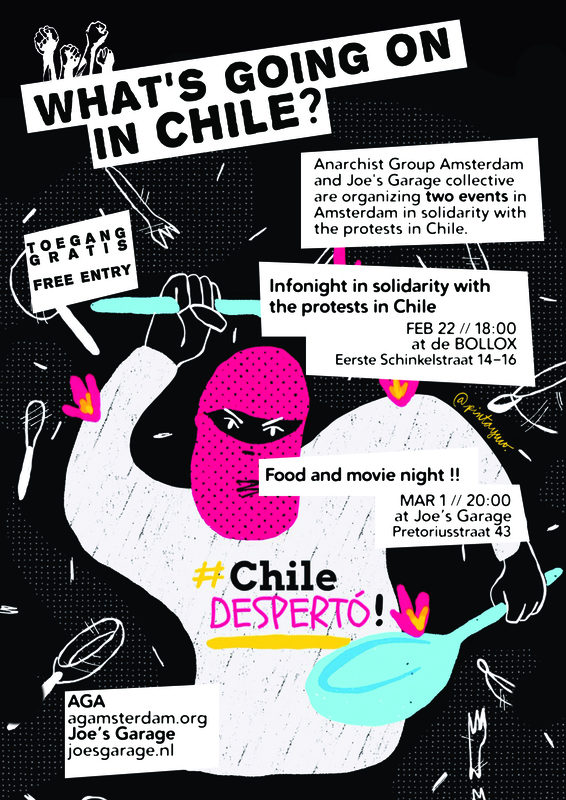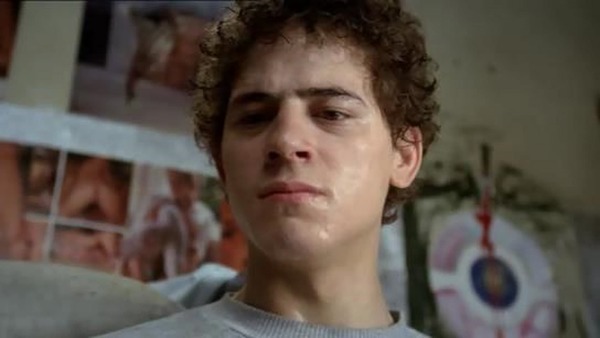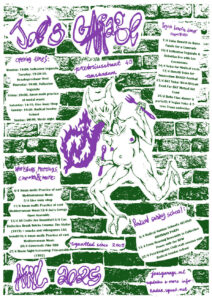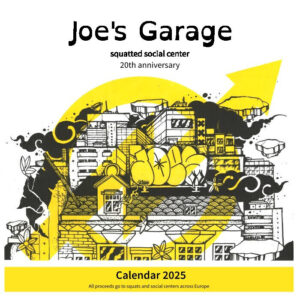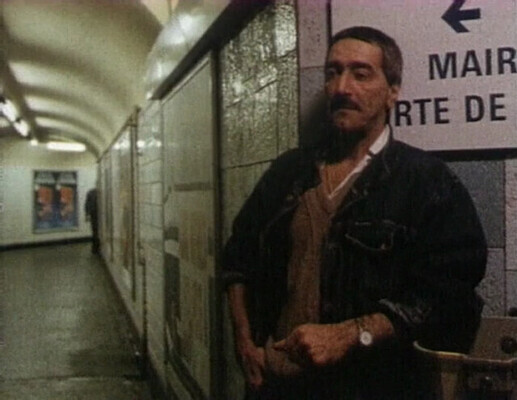 Sunday 10 October 2021, Lebanese movie night: Letter from a Time of Exile (Borhane Alaouié, 1988, 52 minutes) – The Chair (لغة فرنسية) (Cynthia Choucair, 2002, 21 minutes). Both films in arabic with english subtitles. Free admission. Doors open at 20:00, Film starts at 20:30
Sunday 10 October 2021, Lebanese movie night: Letter from a Time of Exile (Borhane Alaouié, 1988, 52 minutes) – The Chair (لغة فرنسية) (Cynthia Choucair, 2002, 21 minutes). Both films in arabic with english subtitles. Free admission. Doors open at 20:00, Film starts at 20:30
In Letter from a Time of Exile, Borhane Alaouié presents the stories of four exiles from Beirut. Their only connection is the voice of the narrator and their situation of living in exile in Europe. Told with a subtle humor, the film sketches four highly individual portraits of people, whose lives have taken unexpected turns due to the madness of the Civil War.
Borhane Alaouié, Lebanese film director from South Lebanon, died in September 2021 in Brussels. He was 80 years old. He shot his first feature film Kafr Kassem in 1974, his work was immediately recognized internationally as one of the best Arab films of the year.
Director Hady Zaccack remembers: “Borhane Alaouié was a spiritual father for me and for Lebanese cinema, this new cinema which was born in 1975. The filmmaker was the most loved of a group of filmmakers like Maroun Baghdadi, Jocelyne Saab, Jean Chamoun, Randa Chahhal… who have transformed the country’s cinematographic landscape. Its disappearance coincides with the disappearance of a modern, secular vision of a new Lebanon, far from confessionalism. His cinema, which deals in particular with social problems, exile and return, was a pan-Arab cinema with Beirut as the center of his stories, but also Egypt (It is not enough that God is with the poor, 1978). Borhane Alaouié was my teacher, the one who paved my way by telling me one day: “You have to choose between being a critic or a filmmaker.” So he pushed me to make films and see them as a critic. I owe him a lot since the day he supervised my thesis film. It was a film school in itself. His departure marks the end of an era that is withering forever… tragically.”
The Chair (لغة فرنسية) by Lebanese filmmaker Cynthia Choucair (2002, 21 minutes).
While playing Basketball, 12-year-old Nader and 8-year-old Samer rip the chair of their dead brother. Fearing their mother’s anger, they throw it in the bin. Wallowing in a sense of guilt, the two brothers go out to retrieve it, but unfortunately the chair is no longer there.
Cynthia Choucair graduated from the Lebanese Academy of Fine Arts (University of Balamand) in 1998 and holds a Master’s degree in cinema from IESAV, Saint Joseph University, Beirut. In 2007 she founded her production house “Road 2 Films”.
In 2012, her documentary “Powerless” addresses the issue of Lebanon’s electricity crisis through the testimonies of Jamal and others whose lives have been greatly affected by the persistent electricity shortage in their country.
Her documentary “Counting Tiles” was premiered in 2018 with a group of clowns who set off for the island of Lesbos to deliver laughter to refugees. These clowns are member of Clown Me In, a Beirut-based group that performs for young Syrian refugees: the children of a new generation of war.
Film night at Joe’s Garage, cozy cinema! Free entrance. You want to screen a movie, let us know: joe [at] lists [dot] squat [dot] net
